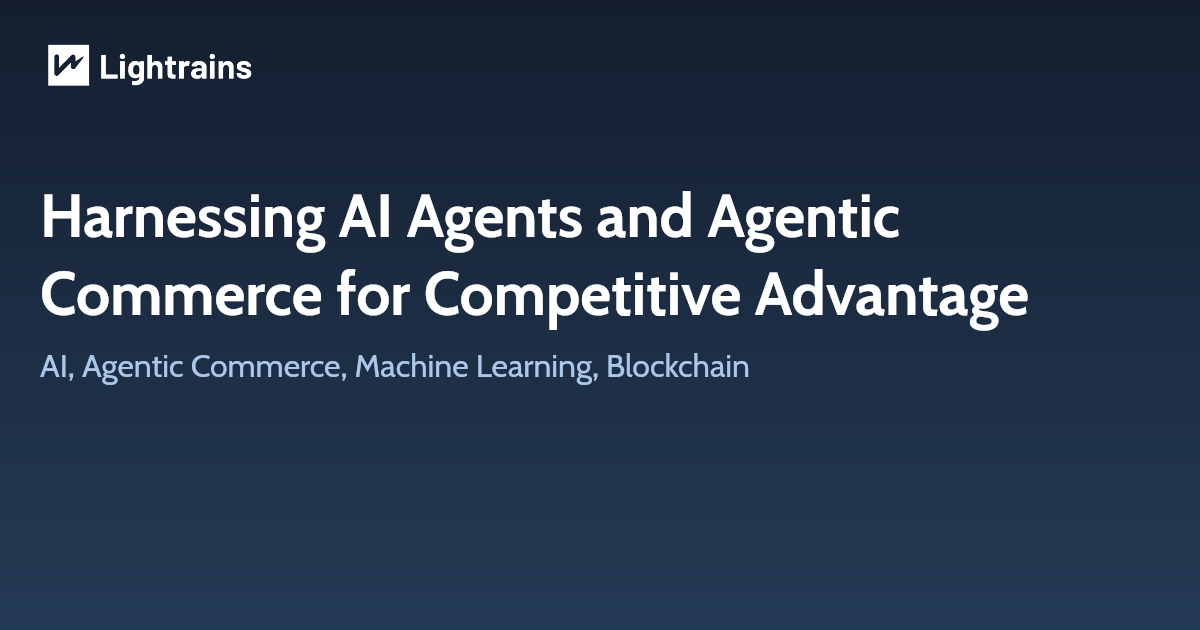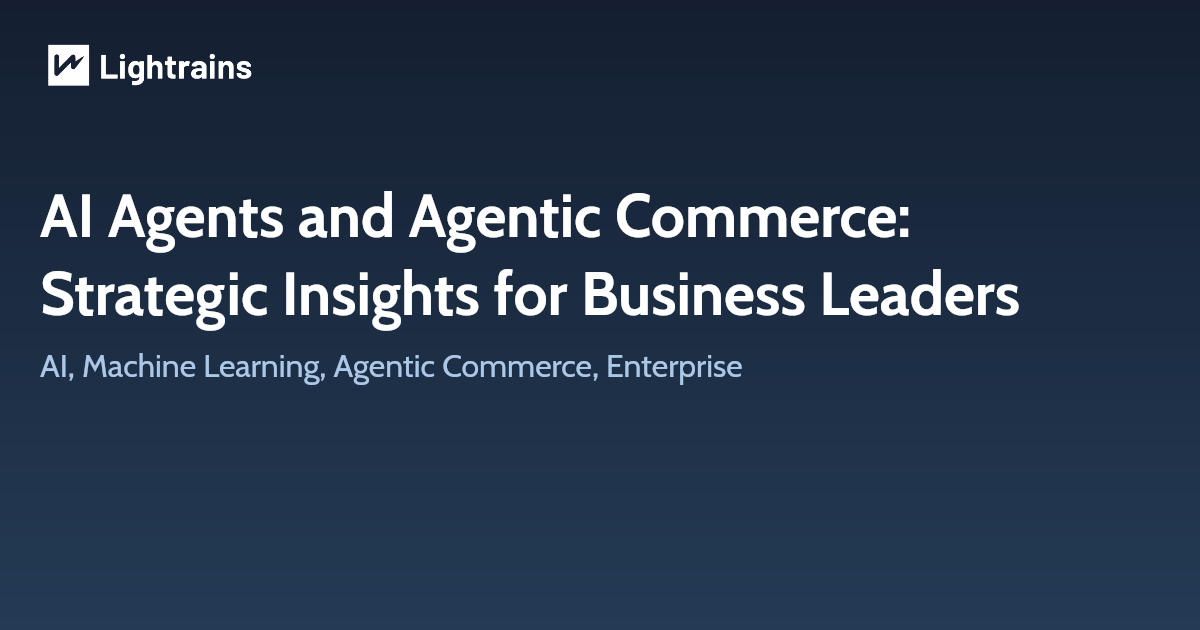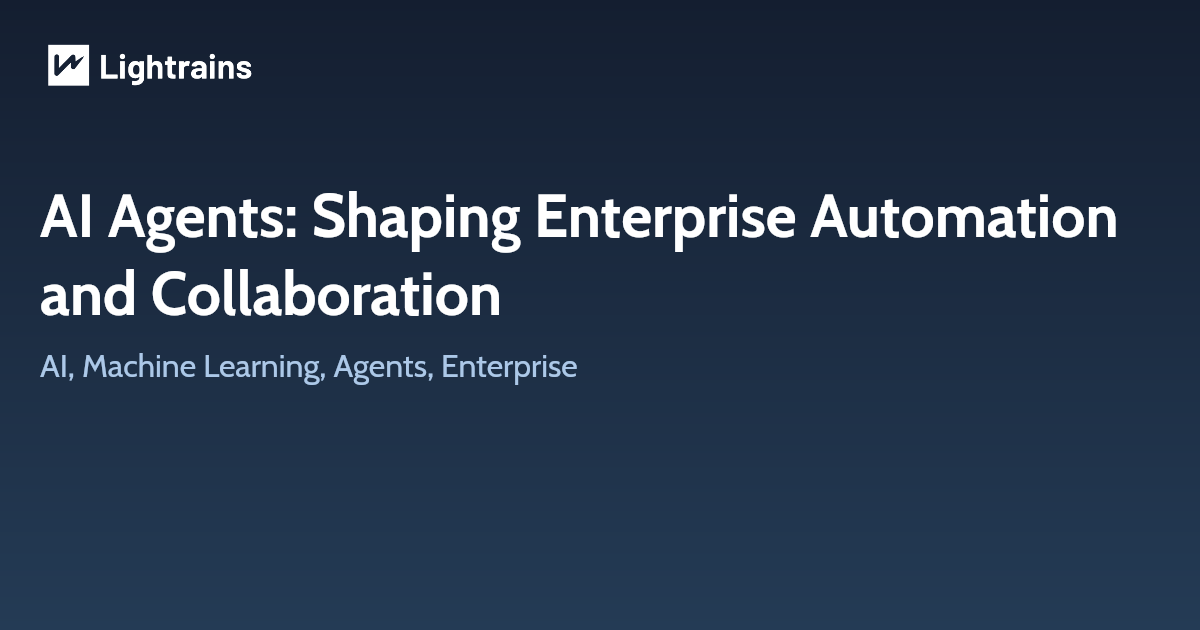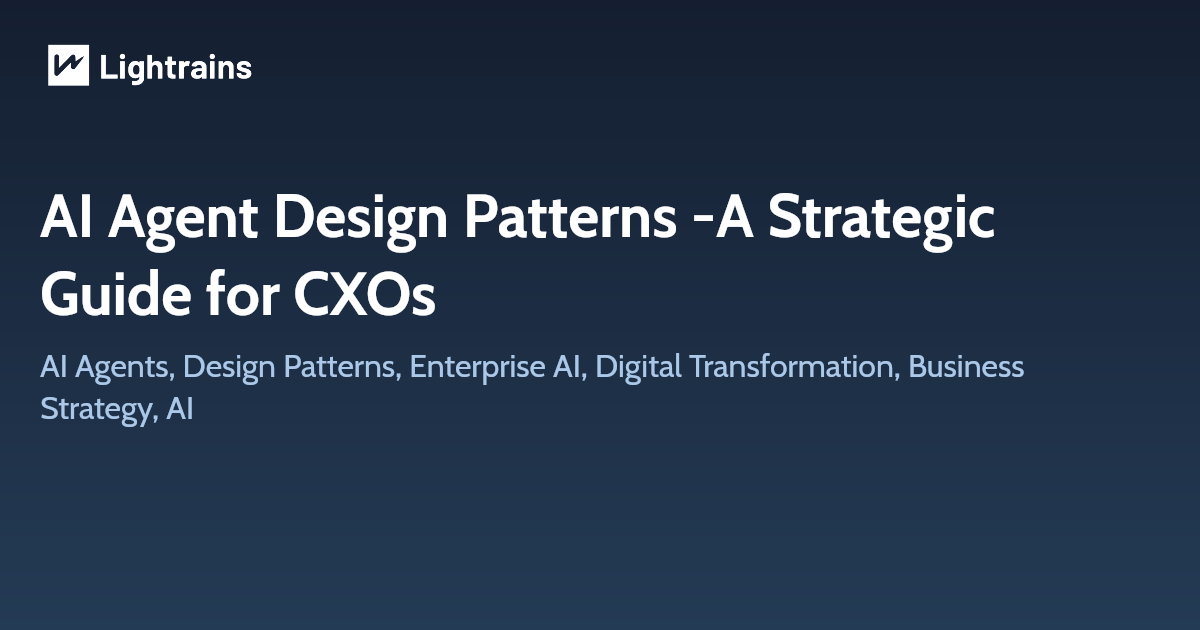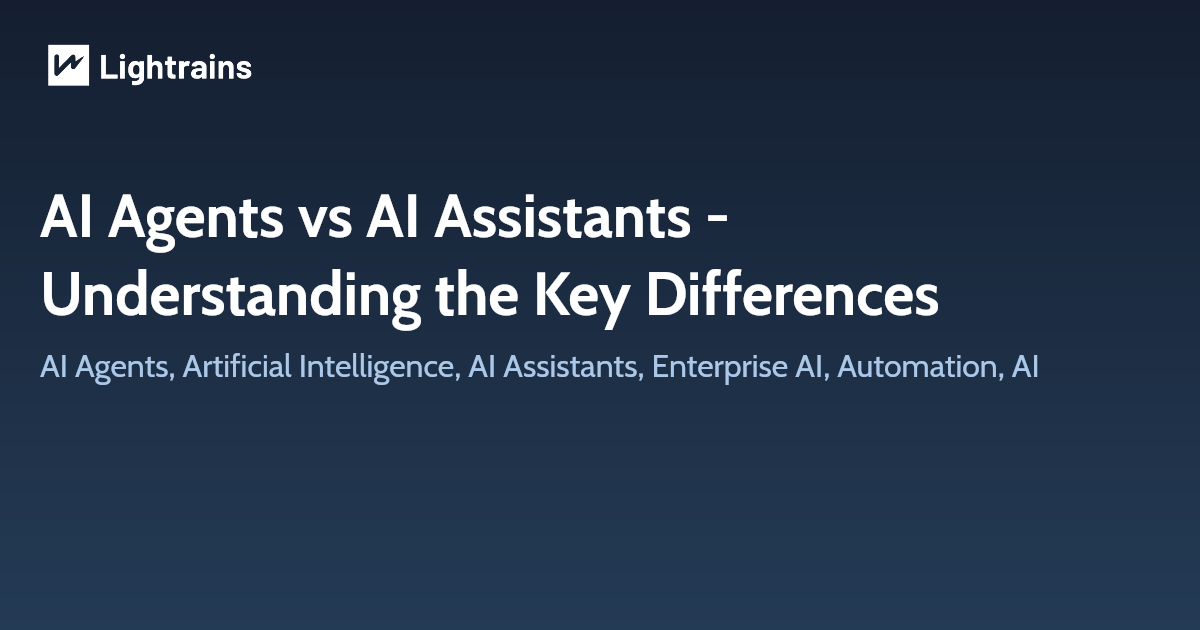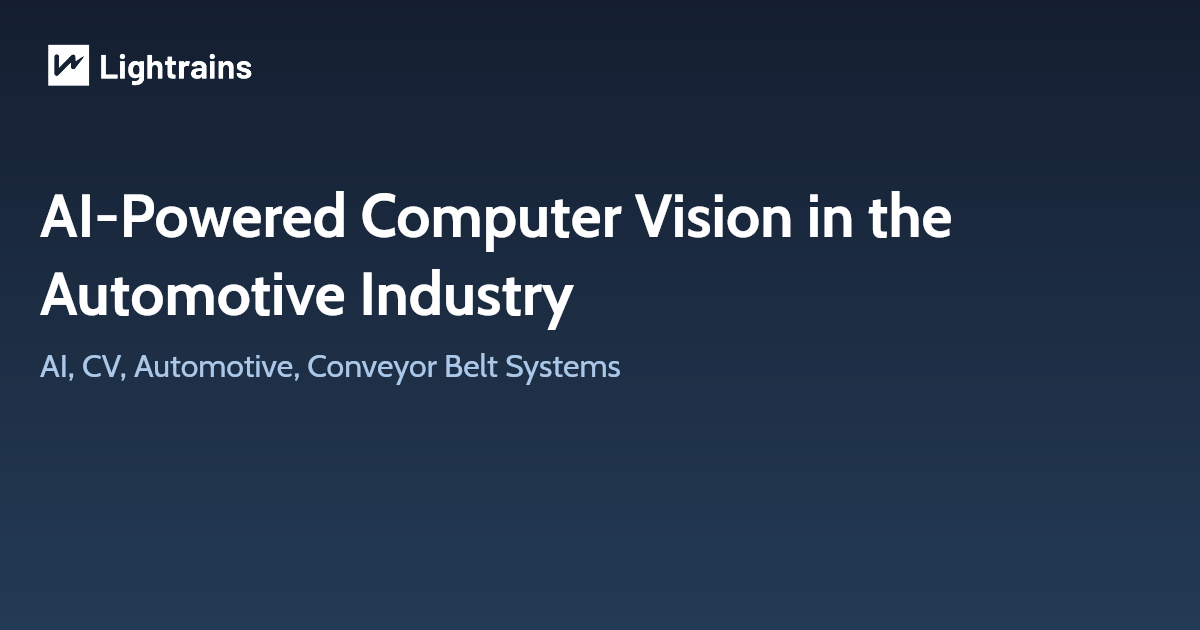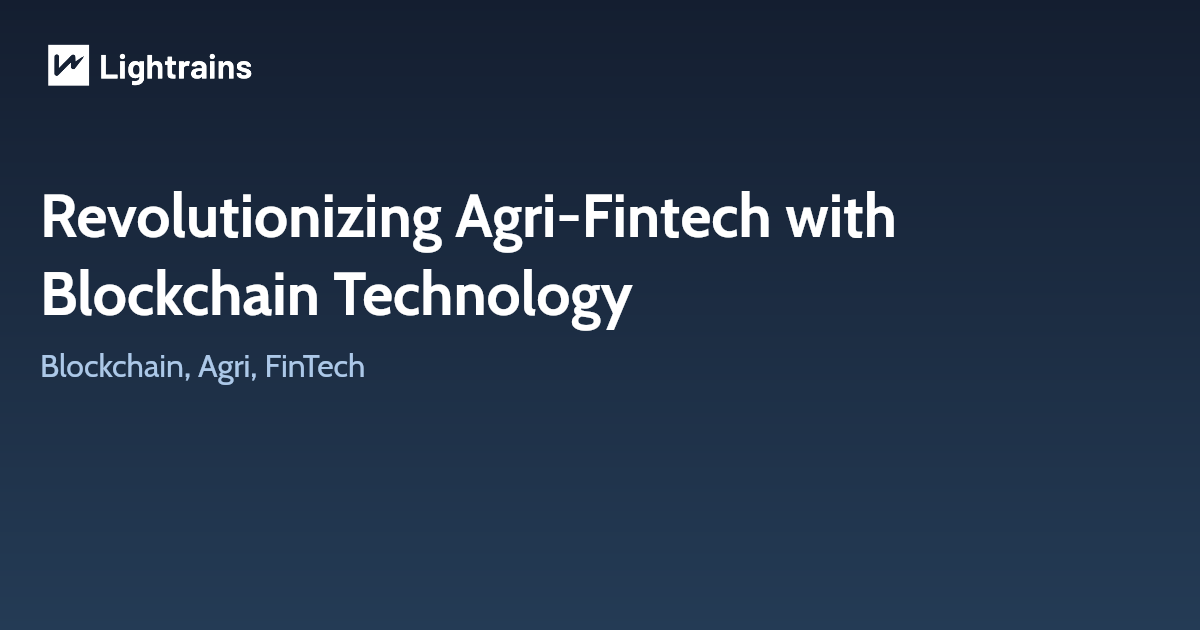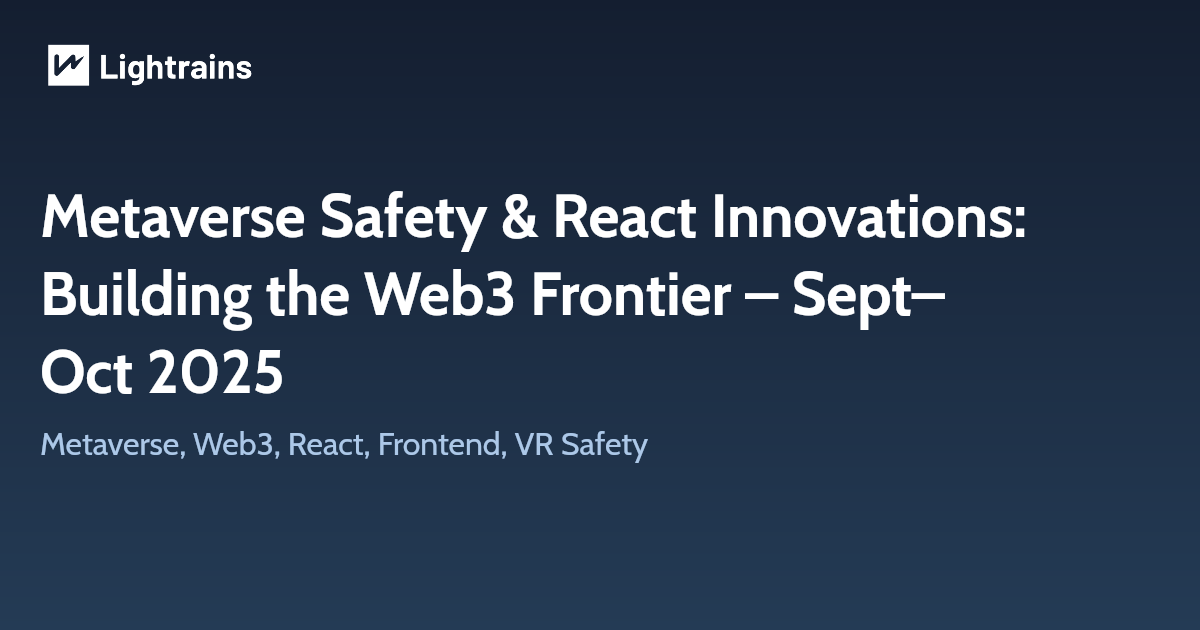
Trust and safety in virtual worlds
Immersive digital spaces are no longer science fiction. They bring enormous opportunities—social interaction, commerce, education—but they also raise tough questions about safety. In September 2025 two former Meta researchers told a U.S. Senate subcommittee that the company prioritised profit over child safety in its virtual‑reality platform. They alleged that Meta shut down internal studies showing children were using VR and being exposed to sexual predators, and they urged lawmakers to pass the Kids Online Safety Act. Meta denied the claims, but the hearing illustrates how easily trust can be broken in unregulated virtual environments [Reuters].
At the same time, the metaverse economy is poised for explosive growth. A February 2025 overview of metaverse development companies notes that research from Bloomberg projects the metaverse could generate $800 billion in revenue by 2024, and Gartner predicts that 30 percent of global businesses will have products or services ready for the metaverse by 2026 [Sphinx Solution]. The article suggests there could be more than a billion users in metaverse platforms by 2025 and emphasises that industries from gaming and retail to healthcare are already developing immersive experiences [Sphinx Solution]. The potential is enormous—but only if platforms embed privacy, content moderation and identity management from the outset.
React Foundation and open governance
Open‑source tools are a cornerstone of the Web3 ecosystem. On 7 October 2025 the React team announced that React and React Native will transition to the new React Foundation, a vendor‑neutral nonprofit under the Linux Foundation. According to the official announcement, the foundation will maintain React’s infrastructure, organise React Conf and support community projects, while a separate technical governance body will guide releases and features. Founding members include Amazon, Callstack, Expo, Meta, Microsoft, Software Mansion and Vercel, and the board will be led by Seth Webster [React Blog]. This move aims to ensure that React’s direction is shaped by the community rather than any single company.
Highlights from React Conf 2025
React Conf 2025 showcased a range of new APIs and performance improvements. A recap by Callstack summarises the standout announcements:
- ViewTransition API: A declarative component that gives developers direct access to browser view‑transition animations, enabling smooth page transitions.
- Fragment refs: The ability to assign
refto<Fragment>components, allowing platform‑specific logic to be composed with platform‑agnostic React elements. - VirtualView: A new abstraction in React Native for memory‑efficient lists; off‑screen items are only rendered when they become visible.
- React Compiler 1.0: After months of testing, the optimizing compiler is now stable and enabled by default. When paired with the React Hooks ESLint plugin, it provides automatic memoization and significant performance gains.
- Hermes V1: The next generation of the React Native JavaScript engine, delivering a 60 percent improvement in synthetic benchmarks and about 7.5 percent faster time to interactive.
The conference also highlighted improvements in Next.js and Expo, such as Turbopack, a next‑generation bundler that offers up to 10× faster refreshes, and new support for CSS modules and Tailwind in Expo. These tools make it easier to build cross‑platform apps that deliver rich, responsive experiences [Callstack Recap].
Building safely and efficiently
As you design for the metaverse and Web3, you must balance innovation with responsibility. User protection should not be an afterthought—identity management, content moderation and data privacy need to be built into your architecture. At the same time, performance and developer experience matter: modern frameworks like React and React Native provide the tooling needed for immersive, cross‑platform applications.
Lightrains combines these disciplines. Our metaverse & Web3 consulting helps you design safe, decentralised worlds. Our smart‑contract development provides the back‑end logic for digital ownership and marketplaces. And our React.js consulting and development ensures your user interface is fast, accessible and ready for Web3 and AI applications. Contact us to create experiences that are both secure and cutting‑edge.
This article originally appeared on lightrains.com
Leave a comment
To make a comment, please send an e-mail using the button below. Your e-mail address won't be shared and will be deleted from our records after the comment is published. If you don't want your real name to be credited alongside your comment, please specify the name you would like to use. If you would like your name to link to a specific URL, please share that as well. Thank you.
Comment via email